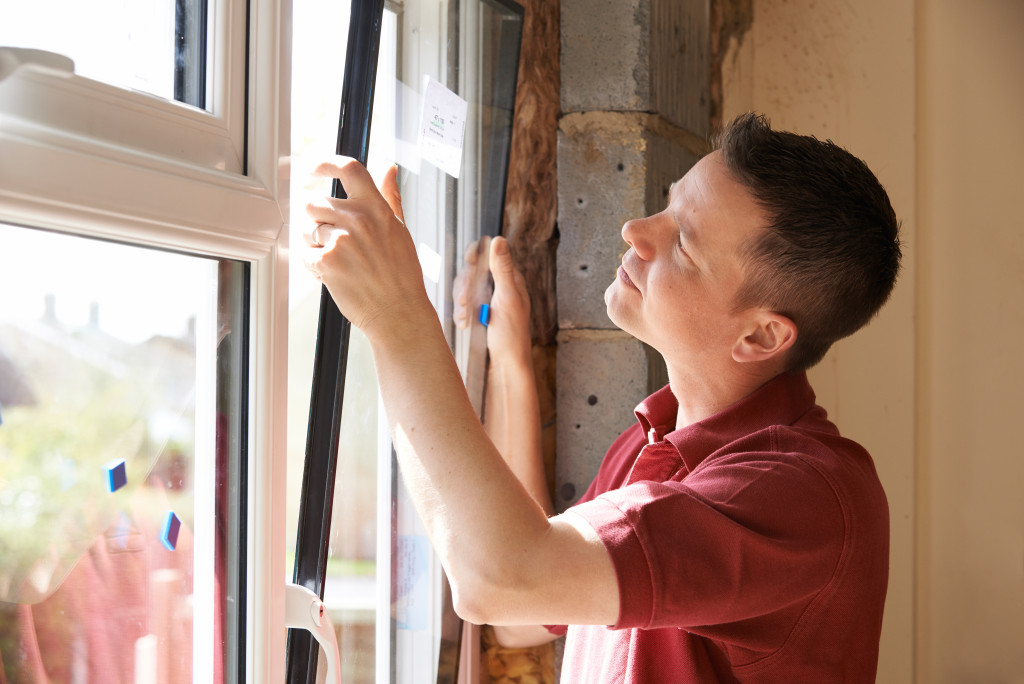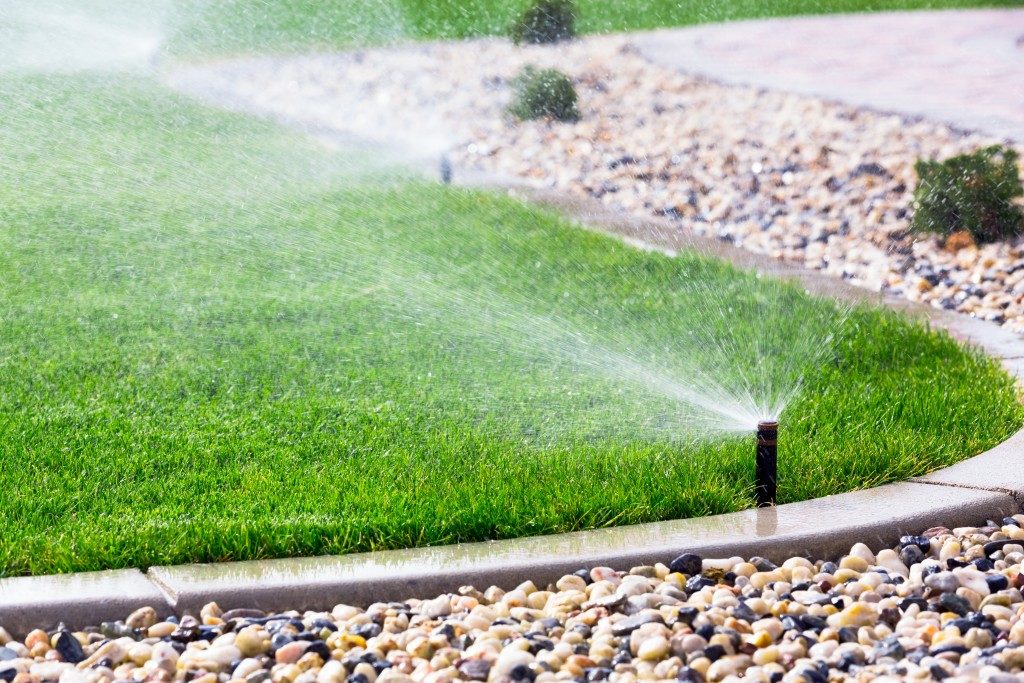Homeowners are always looking for ways to save money. One way to do this is to make your home more energy efficient. Energy-efficient homes are becoming increasingly popular as people attempt to lower their carbon footprints.
There are several ways to make a home more energy efficient, from ensuring the windows and doors are properly sealed to weatherproofing the exterior. Here are some tips on how to make your home more energy efficient:
Get an Energy Audit
An energy audit is a great way to see where your home is losing energy and how you can improve your home’s energy efficiency. An energy audit can help you find the best ways to save energy and make your home more comfortable and cost-effective. During an energy audit, a professional will come to your home and perform tests to see where the energy is lost. They will then give you a report with recommendations on how to improve your home’s efficiency.
Some of the benefits of getting an energy audit include:
- Finding out where your home is losing energy and how much money you could save by making improvements
- Receiving a custom report with specific recommendations for improving your home’s efficiency
- Knowing that your home is as energy efficient as possible
Seal Air Leaks
Sealing air leaks is one of the best ways to improve a home’s energy efficiency. By sealing leaks, you can keep your home warmer in the winter and cooler in the summer, which can save you money on your energy bills. Additionally, sealing leaks can also make your home more comfortable and help to improve indoor air quality.
There are a few different ways to seal air leaks in your home. One option is to use caulk or weatherstripping to seal cracks and gaps around doors and windows. You should also ensure the glass panels in the house have no cracks or any signs of damage. If necessary, you should hire a reputable residential glass repair service. The service should also be capable of customizing glass if the windows do not use standard glass shapes and sizes.
Another option is to install door sweeps or thresholds at the base of doors to prevent drafts from coming into your home. You can also install insulation in your home to help seal heat or cool air.
If you’re unsure how to seal air leaks in your home, several resources are available to help you. The U.S. Department of Energy has a website called Energy Savers that provides tips and advice on improving your home’s energy efficiency. Additionally, your local utility company may offer programs or services to help seal air leaks in your home.

Insulate Your Home
One of the best ways to improve a home’s energy efficiency is to insulate it properly. This means installing insulation in the walls, attic, and basement. Insulation helps keep the heat in during the winter and the cool air in during the summer. It can also help reduce noise from outside.
There are many different types of insulation available. The type will depend on the climate, the construction of your home, and your budget. Talk to a professional about which type of insulation is best for you.
Once you have installed the insulation, keep it in good condition. Regularly check for damage or leaks, and fix them right away.
Implement an Energy-Efficient Lighting Plan
Lighting can account for around 15 percent of a home’s energy use, so it’s crucial to have an energy-efficient lighting plan in place. One way to save energy is to replace traditional light bulbs with LEDs. LEDs use up to 90 percent less energy than conventional bulbs and last up to 25 times longer.
Another way to save energy is to use timers or motion sensors to turn off the lights when you’re not using them. You can also install window shades or blinds to help keep the heat in during the winter and out during the summer.
By implementing an energy-efficient lighting plan, you can save money on your energy bill and help reduce your carbon footprint.
Reduce Water Waste
Water conservation is vital for many reasons, one of which is energy efficiency. When you conserve water, you reduce the energy needed to pump, heat, and treat water. There are many ways to save water in your home, most of which are easy and inexpensive. Here are a few tips:
- Install low-flow showerheads and faucet aerators.
- Repair leaks promptly. A leaky faucet can waste up to 3,000 gallons of water per year!
- Take shorter showers.
- Turn off the water while brushing your teeth or shaving.
- Use a dishwasher instead of hand washing dishes.
- Only run the washing machine when you have a full load.
These are just a few tips on how homeowners can improve their home’s energy efficiency. By following these tips, homeowners can save money on their utility bills every month. In addition, they will also be doing their part to help conserve natural resources.









